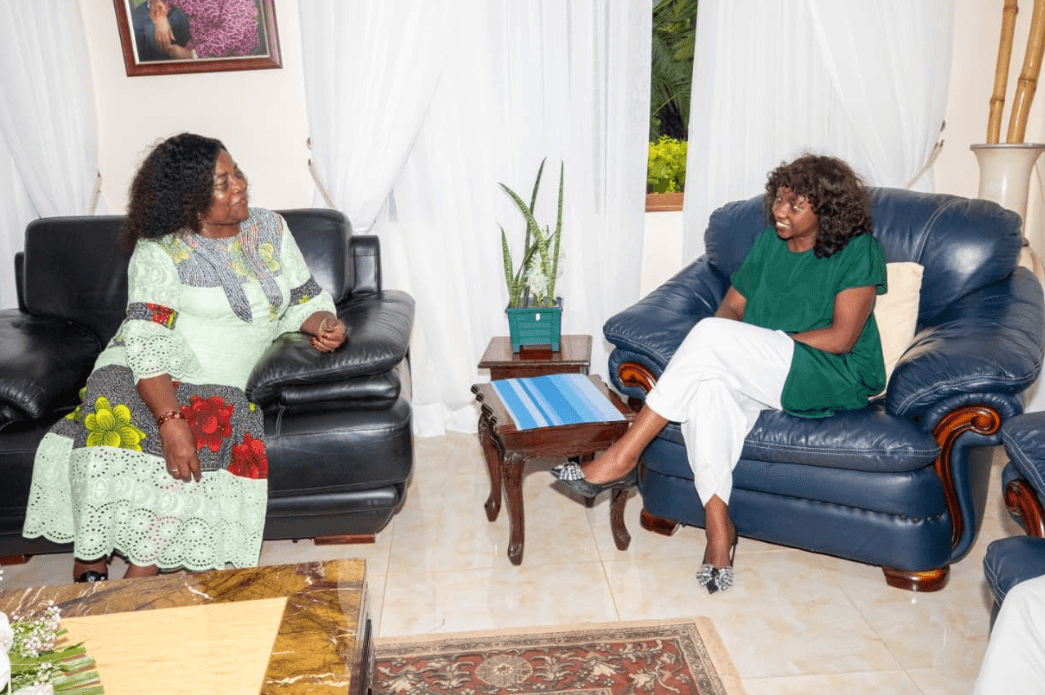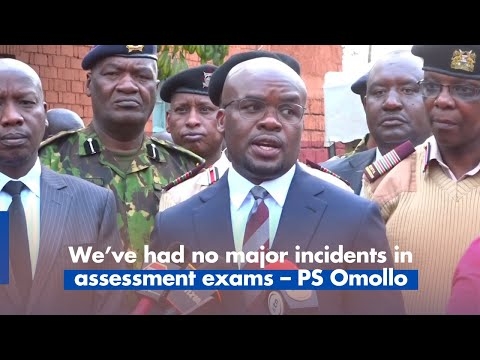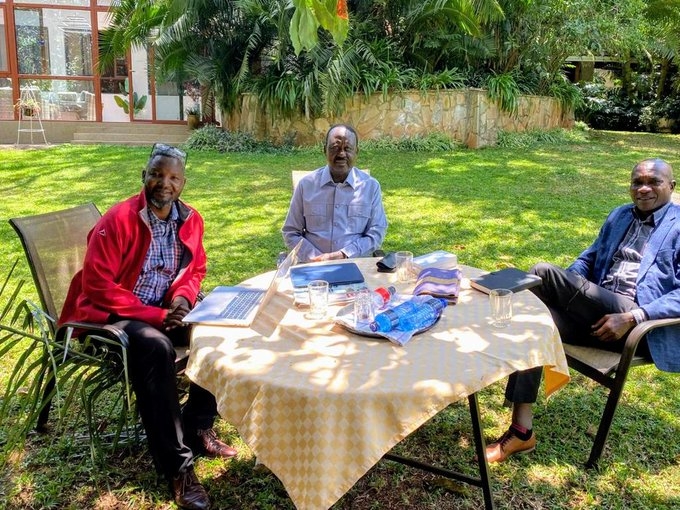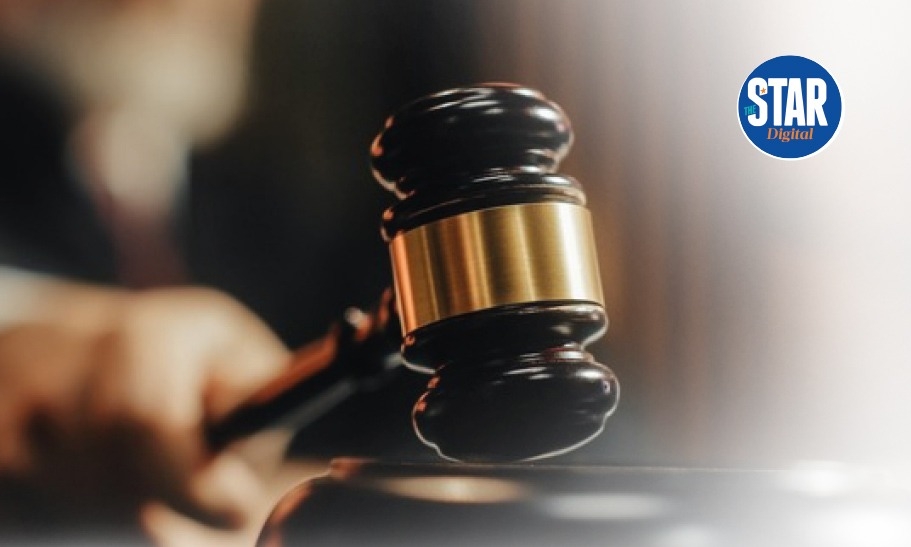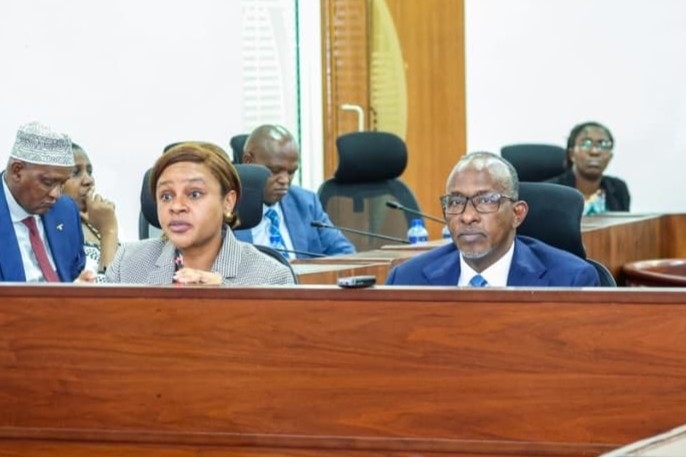The Evangelical Alliance of Kenya (EAK) has strongly opposed the Religious Organizations Bill, 2024, sponsored by Tana River Senator Danson Buya Mungatana.
In a press conference on September 25, 2024, at CITAM Valley Road, EAK criticized the move to rush the Bill through the Senate without sufficient stakeholder engagement.
The group said the Bill threatens religious freedoms as guaranteed by the Kenyan Constitution.
“Religious organizations have played a critical role in shaping Kenya’s social and economic landscape," EAK chairman Philip Kitoto said.
“We must also recognize the historical and vital role that most religious institutions play. As a community, we are deeply concerned by the hurried and premature way the Bill has been tabled in the Senate.”
The Religious Organizations Bill tabled in the Senate on September 11, 2024, aims to provide a legislative framework for the registration and regulation of religious organizations in Kenya.
However, the EAK, representing over 12 million evangelicals nationwide, said the Bill's proposals are an infringement on religious freedom under Article 32 of the Constitution.
"The Bill not only limits religious activities but also places undue restrictions on religious leaders," they said.
The EAK say they were surprised and disappointed, especially after they had actively supported the work of the Presidential Taskforce on the Review of the Legal and Regulatory Framework Governing Religious Organizations.
This Taskforce was formed in the wake of the Shakahola tragedy, which exposed gaps in regulating religious extremism.
However, the religious community feels that the Mungatana Bill goes too far by imposing stringent regulations that could hamper religious practice and institutional autonomy.
EAK outlined several constitutional, ethical, and practical concerns about the Bill.
"Among the most pressing issues is the lack of public participation, a fundamental principle enshrined in Article 10 of the Constitution," they said,
"As religious leaders, we feel excluded from the legislative process, despite being key stakeholders."
The Alliance also raised alarms over the Bill’s punitive nature, including its imposition of stringent qualifications for the Proposed Registrar of religious organizations and the requirement for annual visitation of all registered religious bodies.
This, they argue, would create unnecessary bureaucracy and potential avenues for corruption.
While acknowledging the misuse of religious platforms by rogue individuals leading to extremist behaviour, EAK said the solution lies in promoting self-regulation within religious institutions.
They urged the Senate to focus on supporting internal dispute-resolution mechanisms rather than imposing overreaching government regulations.
In their recommendations, the Alliance called for the complete withdrawal of the Religious Organizations Bill, emphasizing the importance of building upon the findings of the Presidential Taskforce to create a balanced framework that respects religious freedoms.
“The Bill should be withdrawn in its entirety,” he said, “and the government should prioritize civic education to ensure the legal and regulatory framework is implemented in a way that benefits all Kenyans.”
If passed, Chairman Kitoto said the EAK will move to court to challenge it.
"The EAK deals with issues and we have the code of conduct and governance guidelines for local churches. We haven't refused to be governed we have a way to govern ourselves," said Chairman Kitoto.
"Lawyers have their own regulatory body, media have their own, why not let us have our own? What have we done wrong to be forced to follow a certain path? said Kitoto.


